How To Conquer Your Miniature Pinscher’s Separation Anxiety, Sound Anxiety or Travel Anxiety
If your miniature pinscher is experiencing anxiety, life can be miserable both for you and your pup. I myself spent 2 years battling extreme separation anxiety with my dog, and we successfully came out on the other side. In this article I’ll share some of the resources and strategies that worked for us.
There are many forms of anxiety that your miniature pinscher may be suffering from. Typical causes of anxiety in miniature pinscher’s might be:
- Separation anxiety – Fear of being separated from their owner. This often manifests itself by your miniature pinscher pacing, drooling, biting, or being destructive while you’re away.
- Sound anxiety – Fear of loud noises like thunder, fireworks, or a vacuum cleaner
- Travel anxiety – Fear of traveling in a moving vehicle, or fear of intimidating places like your vet’s office or a boarding kennel
1. Experiment with Hemp Oil for Your Miniature Pinscher’s Anxiety
One of the tools I successfully used in treating my dog’s anxiety was Hemp. While your results may vary, approximately 67% of the dog owners polled here claimed that Hemp was ‘extremely effective’ or ‘somewhat effective’ in helping their dog’s anxiety.
In my experience, Hemp helped my dog calm down enough to respond positively to the other training methods I was using to treat her anxiety. When choosing a Hemp oil, always look for a certificate of analysis showing a pure and safe product. I’d also recommend a product with 0% THC.
If you’d rather not give an hemp oil tincture to your dog, there are also great full spectrum hemp treat options available for dogs on Amazon.
2. Desensitize Your Miniature Pinscher to The Cause of Their Anxiety
A key strategy for treating your miniature pinscher’s anxiety is desensitizing them to the trigger of their fear. For example, my dog’s anxiety was triggered anytime I walked out the door to leave the house. For other dogs, the trigger might be you grabbing your keys or putting on your coat.
Begin by doing the trigger activity, but then immediately reversing it. For example, I would grab my keys and walk out the door. Then I’d come back 5 seconds later. I did this literally hundreds of times over a period of a week. Eventually, my dog was desensitized and bored by the behavior.
3. For Sound Anxiety, Trying Isolating Your Miniature Pinscher and Playing Loud Music
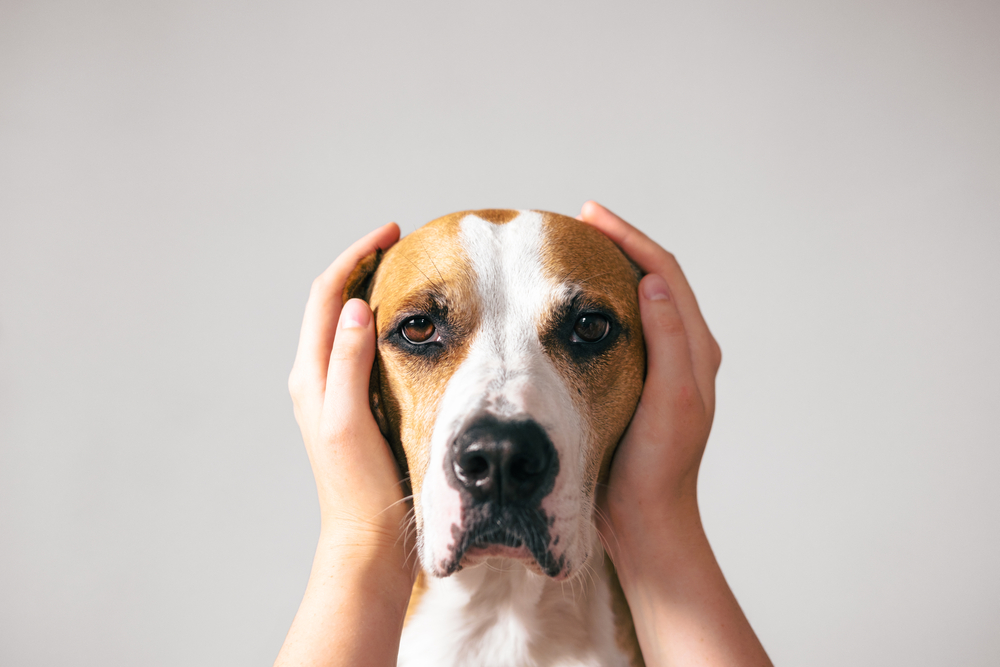
Many miniature pinscher’s that suffer from thunderstorm or fireworks anxiety experience relief in a smaller, more isolated room of the house where music can be played at a loud volume.
A word of caution though, if your dog is also experiences separation anxiety leaving them alone in a room during may be counterproductive.
4. Try Using a Compression Wrap (Available in Many Sizes and Will Fit Your Miniature Pinscher)
Many dogs are comforted by the feeling of compression across their body. One popular product many have found success with is the Thundershirt (available on Amazon). The product applies gentle, calming pressure that is very reassuring to many pups. The company claims the product to be helpful for about 80% of the dogs who tried it. It can be used to help calm your australian shepherd during fireworks, thunder, separation, travel, or vet visits, with no training and no medication required.
4. Try an Herbal Supplement for Your Miniature Pinscher with Calming Herbs Like Chamomile, Passion Flower, Ginger Root or Valerian Root
Many calming supplements exist for dogs that are palatable for dogs, easy-to-feed, and can help quickly relieve your australian shepherd’s stress and give a sense of safety and calm. Some supplements contain calming herbs like chamomile, passion flower, ginger root, and valerian root are a great option. Some products, such as this bacon flavored soft chew for dogs, contain all of the calming herbs in one. This calming chew is also available on Amazon.
5. Experiment with a Pheromone Diffuser for Your Miniature Pinscher
Canine pheromone diffusers mimic the calming pheromone that a mother dog emits while nursing her puppies. The diffuser can help many dogs feel calmer and more comfortable in stressful situations.
The same company that makes the Thundershirt above also makes a product called ThunderEase diffuser, which is also available on Amazon.
6. Try an Anti-Anxiety Supplement Containing L-Tryptophan, L-Theanine or Melatonin
Other popular ingredients in anti-anxiety supplements include the amino acids L-Tryptophan and L-Theanine, both of which offer calming properties and increase the release of “feel good” serotonin in your dog’s body. In addition, some calming products for dogs contain a small amount of melatonin, which can help regulate and improve their sleep. All these of these ingredients are available in some chews such as this. This calming chew is also available on Amazon.
7. Experiment with Using Your Own Scent & Sound to Calm Your Miniature Pinscher
In my experience, using your own scent and sound to help calm your dog is a powerful strategy in beating anxiety. I stumbled upon this one day with my own dog by accident.
Typically, if I left the home my dog would instantly enter a panic. But one day I needed to take a long phone call, and left my dog outside my bedroom door where I took the call. During the call, she calmly lied next to the door, where she could obviously smell and hear me. It occurred to me that I could possibly mimic this tactic while I wasn’t at home.
I recorded my voice on a CD player and then put it on loop. Then I placed a used t-shirt on the inside of the door where she could easily smell it underneath. To my surprise, I was able to leave the house for a short time. (I monitored her on a video camera). I slowly increased the length of time I left, and always found her calm and sincerely believing that I was just behind the door!
If you’d like to read the full story of how I cured my dog’s extreme separation anxiety, go here.
Another great product to help calm your dog is the Comfort Cuddler Buddy. You can stuff the cozy fleece man with your clothing or pillow case with your scent, and leave with your dog.
Lastly, another popular calming product is the heartbeat puppy toy. Traditionally, these have been used to help calm puppies who recently left their litter. The plush toys come with a warming features as well as a simulated heartbeat. While originally intended for puppies, many dog owners have found they can effectively calm dogs of all ages. This popular model is available on Amazon.
Summary
Defeating your miniature pinscher’s anxiety is possible, but every dog’s journey will look different. I hope the tools and strategies above will be helpful to your journey.
If you’d like to learn more about the Hemp oil and calming chews we use here at iHeartDogs, learn more below.
For best results, you can pair the above Hemp oil with the calming chews below. Between the 2 supplements, they offer 10 active and natural ingredients to help calm your dog without the use of medication.
Frequently Asked Questions:
Miniature Pinschers, or Min Pins, are adorable short-haired dogs with energetic and lively personalities. While they are generally healthy dogs, some Min Pins may experience anxiety that can manifest in various ways, such as excessive barking, destructive behavior, and nervousness around people or other animals. Understanding the triggers and signs of anxiety in Miniature Pinschers can help owners better manage and treat their beloved pets. Learn more here and help to keep your dog’s anxiety under control.
Are Miniature Pinschers Prone To Separation Anxiety?
Yes, Miniature Pinschers are prone to separation anxiety because they are territorial and distrustful. They love their people and want to keep them safe while avoiding sharing their time. Their strong bonds with their owners and other quirks can lead them to experience separation anxiety when their people are away, even for just the work day.
Like many small breeds, they can also be more sensitive and anxious. However, not all Miniature Pinschers will develop separation anxiety, and there are steps that can be taken to prevent or manage the condition if it does occur. Start training your Min Pin at a young age to socialize with more people, dogs, and cats if you want to avoid severe separation anxiety in this breed.
How Long Can Miniature Pinschers Be Left Alone?
Miniature Pinschers are generally social dogs that enjoy human interaction, but their tolerance for being left alone can vary depending on their individual temperament, training, and previous experiences. As with any dog, it is not recommended to leave a Miniature Pinscher alone for extended periods of time, as they can become anxious and develop destructive behaviors.
In general, it is recommended not to leave a Miniature Pinscher alone for more than four to six hours at a time. Puppies and senior dogs may have a lower tolerance and should not be left alone for more than two to three hours. Essentially, if you have a Mini Pin, you need a dog sitter, dog walker, or doggy daycare if you cannot work from home. They need exercise and mental stimulation throughout the day to avoid causing problems such as destructive or disruptive behavior.
Are Min Pins Clingy?
Miniature Pinschers become very attached to their owners and will usually become excessively clingy, not properly trained, and socialized. They enjoy spending time with their families and are often described as “velcro dogs” because of their tendency to stick close to their owners. However, this does not necessarily mean that they will develop separation anxiety if left alone for short periods of time.
Do Miniature Pinschers Get Attached To One Person?
Miniature Pinschers are known for their strong loyalty to their owners and may bond closely with one person in particular. If you want them to get close to the rest of the family, ensure they form bonds with everyone in the home. Start training them at a young age to condition their temperament and, if possible, raise them with other dogs or cats to spread out their attachment.
How Do You Break Separation Anxiety In Miniature Pinschers?
Breaking separation anxiety in Min Pins takes work, but it’s possible. Here are some steps you can take to help your Min Pin cope with separation anxiety:
– Desensitization and counterconditioning can help to gradually teach your dog to spend time alone in increasing intervals. Give them the same toy every time you leave to condition them to the separation.
– Adding puzzles, toys, radio, and diffusers to their environment can help to ease the separation by preventing boredom.
– Take your dog for early morning walks to reduce anxiety and increase their desire to take a nap when you leave for work. Give them plenty of time to play and smell everything to really burn out their curiosity until their next walk.
– In some cases, medication may be necessary to help manage your Min Pin’s anxiety. Start with supplements for anxiety or CBD treats made for dogs. Otherwise, speak to their veterinarian for other treatment options.
– If nothing else works, consider hiring a professional dog trainer or behaviorist to help you train your Min Pin.
Why Does My Min Pin Follow Me Everywhere?
Unlike other dogs, Min Pins follow their humans everywhere to assert dominance, especially if there are other Min Pins or dogs in the home. Essentially they have created a pecking order, and they are the head commander after you. As such, they feel it’s their job to follow after the head of command to give orders to the third in command and so on.
If you want them to stop following you, then you need to assert your authority and tell them to stop following you. Teach them to sit and stay along with other tricks that can help your dog to learn their role. When Min Pins have too much time on their own, they will become their own boss and start leading the back, including you!
Remember, some dogs are pack animals and they have a strong desire to follow and keep each other safe. Their upbringing before coming to your home could have created a strong desire to follow too. However, most Min Pins follow their owner because they know whose in charge and they want to follow orders.
Are Miniature Pinschers Good Indoor Dogs?
Yes, Miniature Pinschers make great indoor dogs as long as they get enough exercise and mental stimulation. Although energetic, this breed prefers to be inside and with their human. Also do well in small spaces, such as apartments, as long as they get enough opportunities to stretch their legs outside. Additionally, they have short hair and are relatively low-shedding, making them a good choice for people with allergies.
Do Min Pins Ever Calm Down?
Yes, Miniature Pinschers can calm down as they age and with proper training and socialization. Like many small breeds, they typically start to mellow out as they mature. It’s important to provide them with regular exercise, mental stimulation, and positive reinforcement training to help them develop good behavior and manners. Consistency is key, and with time and patience, most Miniature Pinschers become well-behaved and obedient companions.
Are Min Pins High Maintenance?
Miniature Pinschers, also known as Min Pins, can be high-maintenance dogs due to their high energy levels and tendency to be stubborn. They require daily exercise, mental stimulation, and socialization to keep them physically and mentally healthy. Also, their desire to follow and strict adherence to their leader, aka you, makes it seem like they need more attention.
Training can also be a challenge with Min Pins as they can be stubborn and strong-willed. Consistency, positive reinforcement, and early socialization and training can help to minimize any behavior issues. Overall, while Min Pins may require some extra effort and attention, they can make loving and entertaining pets for the right owners.
With the right training and exercise at a young age and you can promote lower maintenance. As this breed wants a leader to follow, they are more likely to learn and follow your commands. However, training yourself to be consistent when they are young may be the hardest part of training a Miniature Pinscher!
Are Min Pins High Strung?
Yes, Miniature Pinschers are often high-strung because they want to keep rank and love to exercise. Additionally, you cannot let this breed get bored, or they will find annoying or destructive ways to spend their time. You also need to give them more opportunities to go on walks than other dogs.
While some dogs can take care of themselves for several hours at a time, these dogs need contact and breaks every three to six hours. Without adequate exercise and mental stimulation, they may become restless and exhibit behaviors such as excessive barking, digging, and chewing.
- Best Joint Supplement for Dogs
- Best CBD Gummies for Dogs
- Goat's Milk for Dogs
- Skin & Coat Supplements for Dogs
- Weight Gain Supplements for Dogs
- Muscle Building Supplements for Dogs
- Heart Supplements for Dogs
- Multivitamins for Dogs
- Pill Pockets for Dogs
- Digestive Enzymes for Dogs
- Turmeric for Dogs
- Liver Supplements for Dogs
- Tear Stain Supplement for Dogs
- Breath Fresheners for Dogs
- Kidney, Urinary, & Bladder Supplements for Dogs
- Stool Eating Deterrent for Dogs
- Eye Supplements for Dogs
- Melatonin for Dogs
- Apple Cider Vinegar for Dogs
- Green Lipped Mussels for Dogs
- L Theanine for Dogs
- Chondroitin Supplements for Dogs
- MSM for Dogs
- Valerian Root for Dogs
- Chamomile for Dogs
- Boswellia for Dogs
- L Tryptophan for Dogs
- Yucca for Dogs
- Licorice Root for Dogs
- Bromelain for Dogs
- Papain for Dogs
- Devil's Claw for Dogs
- Quercetin for Dogs
- Hemp gummy for dogs
- Best Hemp Dog Treats
- Best Hemp Oil for Dogs
- Best Calming Treats, Chews, & Supplements for Dogs
- Best Bone Broth for Dogs
- Best Fish Oil for Dogs
- Best Probiotics for Dogs
- Best Hip Dysplasia Supplements for Dogs
- Best Colostrum for Dogs
- Best Quercetin for Dogs
- Best Greens for Dogs Supplements
- Best Vitamin C Supplements for Dogs
- Best Probiotic for Dog with Allergies
- Best Taurine Supplements for Dogs
- Best Dog Food Toppers
- Best Anal Gland Supplement for Dogs
- Best Dog Probiotic Powder
- Best CoQ10 Supplement for Dogs
- Best Liquid Glucosamine for Dogs
- Best Wrinkle Creams, Balms, and Wipes for Dogs
- Best Puppy Calming Treats
- Best Colloidal Silver for Dogs
- Best Adaptogen Supplements for Dogs
- Best Cognitive Supplements for Dogs
- Best Bee Pollen for Dogs
- Best Vitamin A Supplements for Dogs
- Best Vitamin E Supplements for
- Best Liquid Glucosamine Supplements for Dogs
- Best SAM-e Supplements for Dogs
- Best Hyaluronic Acid Supplements for Dogs
- Best Apple Cider Vinegar Supplements for Dogs
- Best Diarrhea Medicine for Dogs
- Best Milk Thistle for Dogs
- Best Turkey Tail Mushroom Supplements for Dogs
- Best Astaxanthin Supplements for Dogs
- Best Lutein Supplements for Dogs
- Best Electrolyte Supplements for Dogs
- Best Coconut Oil for Dogs
- Best Prenatal Vitamins for Dogs
- Best Puppy Milk Replacements
- Best Iron Supplements for Dogs
- Best Dewormer Products for Dogs
- Best Mange Medications for Dogs
- Best Cough Relief Products for Dogs
- Best Sinus Relief Products for Dogs
- Best Collapsed Trachea Supplements for Dogs
- Best Fireworks Anxiety Relief Products for Dogs
- Best Thunderstorm Anxiety Relief Products for Dogs
- Best Travel Anxiety Relief Product for Dogs
- Best Supplements for a Dog with a Torn ACL
- Best Supplements for a Dog with Patellar Luxation
- Best Supplements for a Dog with Intervertebral Disc Disease
- Best Zinc Supplements for Dogs
- Best Biotin Supplements for Dogs
- Best Tart Cherry Supplements for Dogs
- Best Resveratrol Supplements for Dogs
- Best Ginkgo Biloba Supplements for Dogs
- Best Ashwagandha Supplements for Dogs
- Best Supplements for Dogs with Cushing's Disease
- Best Adrenal Supplements for Dogs
- Best NAD+ Supplements for Dogs
- Best NMN Supplements for Dogs
- Best Supplements for Dogs with Dementia
- Best Supplements for Dogs with CCD(Canine Cognitive Dysfunction)
- Best Fiber Supplements for Dogs
- Best Spirulina for Dogs
- Best Hairball Remedies for Dogs
- Best Eye Drops for Dogs with Allergies
- Best Magnesium Supplements for Dogs
- Best Brushes for Double-Coated Dogs
- Best Dandelion Root Supplements for Dogs
- Best Probiotic for Dogs with Yeast Infections
- Best Flaxseed Oil for Dogs
- Best Chamomile Supplements for Dogs
- Best Lavender Supplements. Treats & Sprays for Dogs
- Best Collagen Supplements for Dogs
- Best Kelp Supplements for Dogs
- Best Activated Charcoal for Dogs
- Best Slippery Elm Supplements for Dogs
- Best Supplements for Dogs with Seizures & Epilepsy
- Best Antioxidant Supplements for Dogs
- Best Ubiquinol Supplements for Dogs
- Best Hormone & Glandular Supplements for Dogs
- Best Thyroid Supplements for Dogs
- Best Iodine Supplements for Dogs
- Best Dog Shedding Supplements for Dogs
- Best Detox Supplements for Dogs
- Best Postbiotics for Dogs
- Best Aspirin Products for Dogs
- Best Dog Anti-Nausea Products
- Best Dog Mouthwashes
- Best Camelina Oils for Dogs
- Best Hemp Seed Oils for Dogs
- Best Natural Anti-Inflammatories for Dogs
- Best Cancer Supplements for Dogs
- Best Sardine & Anchovy Oils for Dogs
- Best Fatty Acid Supplements for Dogs
- Best Chia Seed Supplements & Treats for Dogs
- Best Olive Oils for Dogs
- Best Amino Acid Supplements for Dogs
- Best Moringa Supplements for Dogs
- Best Echinacea Supplements for Dogs
- Best Cranberry Supplements for Dogs
- Best D-Mannose Supplements for Dogs
- Best Nettle Leaf Supplements for Dogs
- Best Marshmallow Root Supplements for Dogs
- Best Astragalus Supplements for Dogs
- Best Pumpkin Seed Supplement for Dogs
- Best Supplements for a Dog Wetting The Bed
- Best Blueberry Supplement for Dogs
- Best Bromelain Supplements for Dogs
- Best Yucca Supplements for Dogs
- Best Ginger Supplements for Dogs
- Best Rosehip Supplements for Dogs
- Best Allergy Medicines for Dogs
- Best Reishi Mushroom Supplement for Dogs
- Best Maitake Mushroom Supplement for Dogs
- Best Chaga Mushroom Supplement for Dogs
- Best Shiitake Mushroom Supplement for Dogs
- Best Cordyceps Mushroom Supplement for Dogs
- Best Lion's Maine Supplement for Dogs
- Have question? - Ask in our Dog Health Forum
- CBD for Miniature Pinschers: What You Need to Know
- Best Supplements for a Senior Miniature Pinscher
- Best Flea & Tick Products for Miniature Pinschers
- Best Online Dog Training Courses for Miniature Pinscher
- Best Hip & Joint Supplement for a Miniature Pinscher
- What Supplements Should I Give a Miniature Pinscher Puppy?
- The 9 Best Miniature Pinscher Puppy Foods
- Best Dog Beds for Miniature Pinschers
- Improve Your Miniature Pinschers Skin & Coat with This One Hack
- Giving This to Your Miniature Pinscher Daily Can Alleviate Itchy Allergies
- 6 Natural Ingredients to Fight Your Miniature Pinschers Allergies
- 8 Ways to Stop Your Miniature Pinschers Scratching
- 7 Ways to Calm Your Miniature Pinschers Anxiety
- 6 Remedies for Your Miniature Pinschers Diarrhea, Gas, or Vomiting
- 7 Best Dental Chews for a Miniature Pinscher
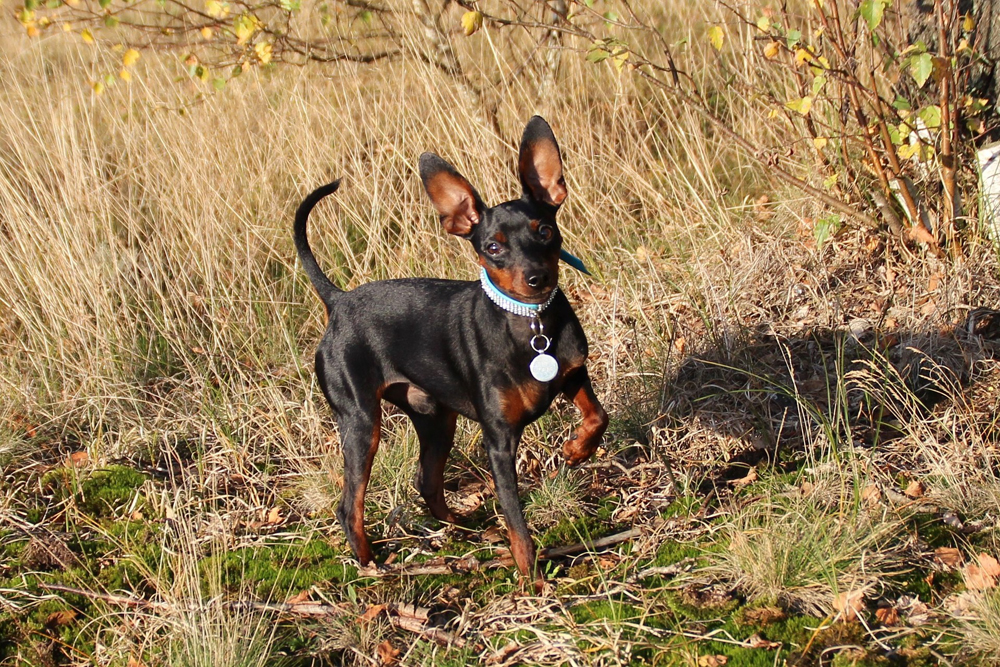
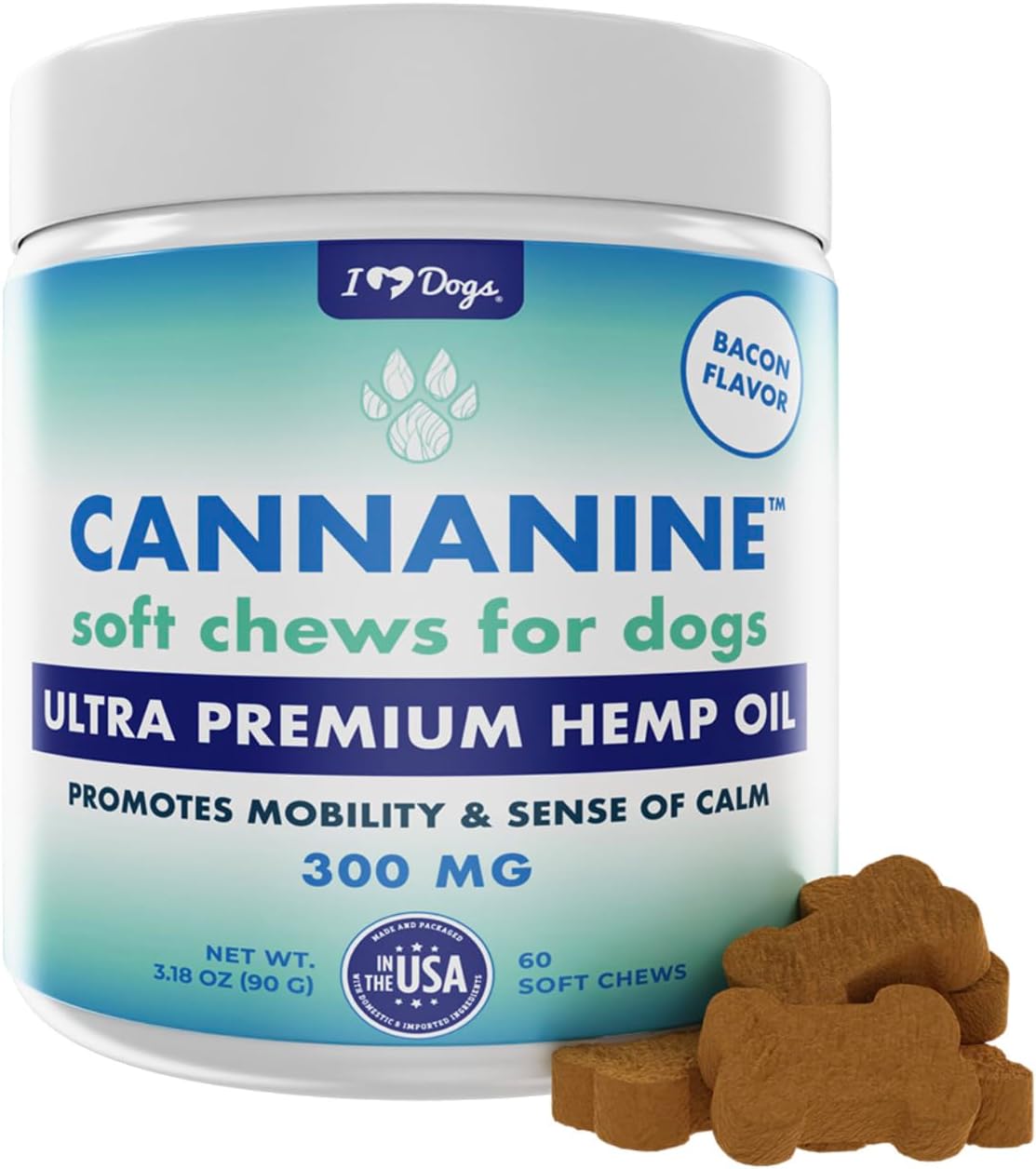
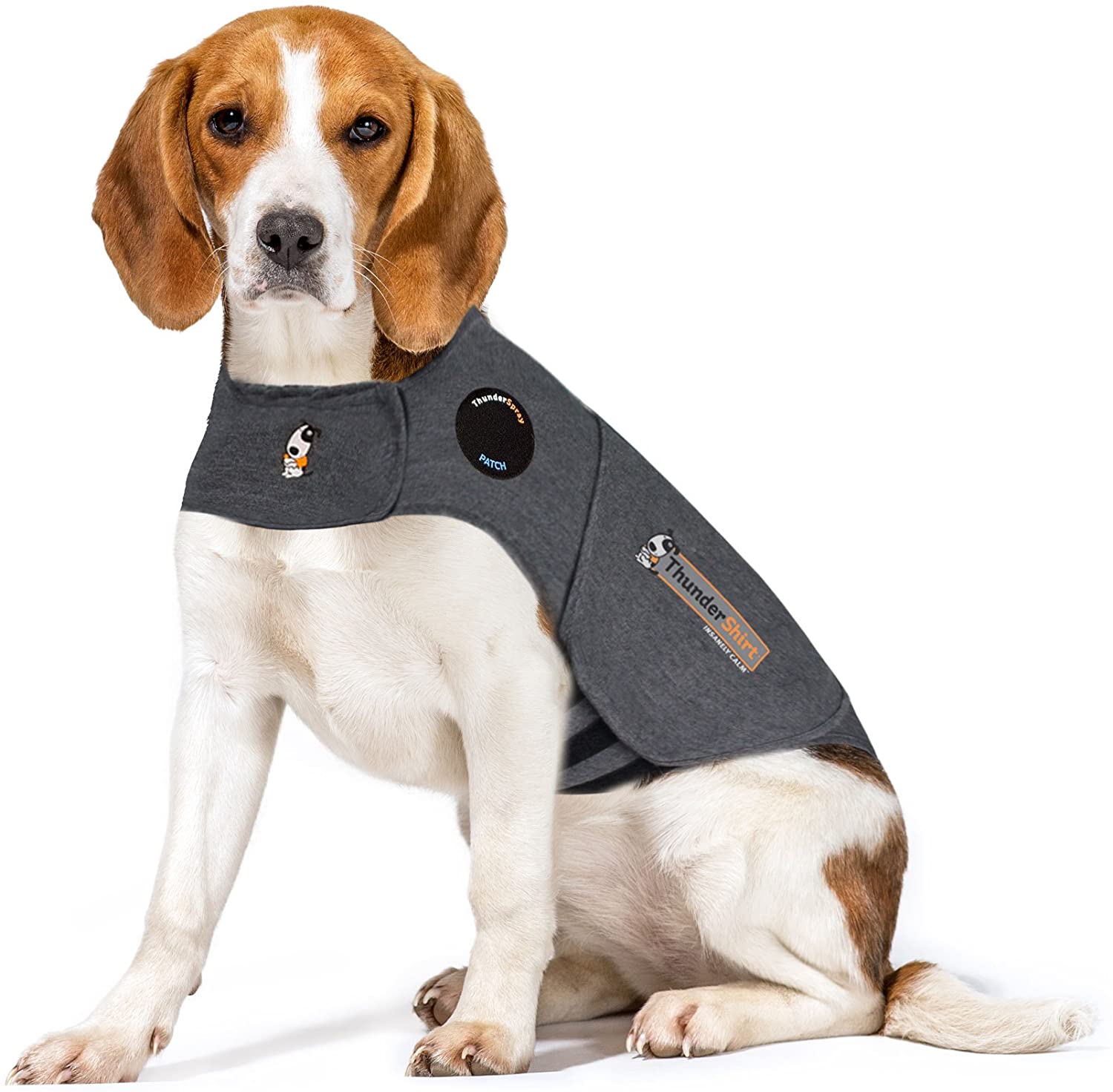
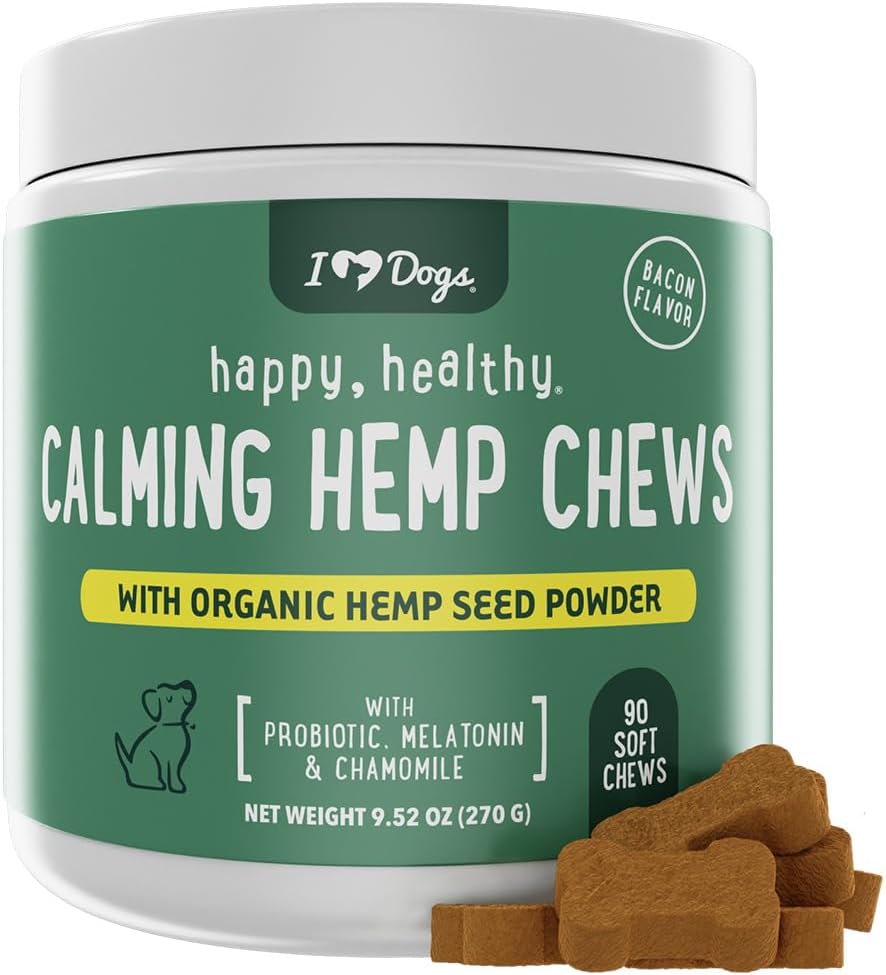
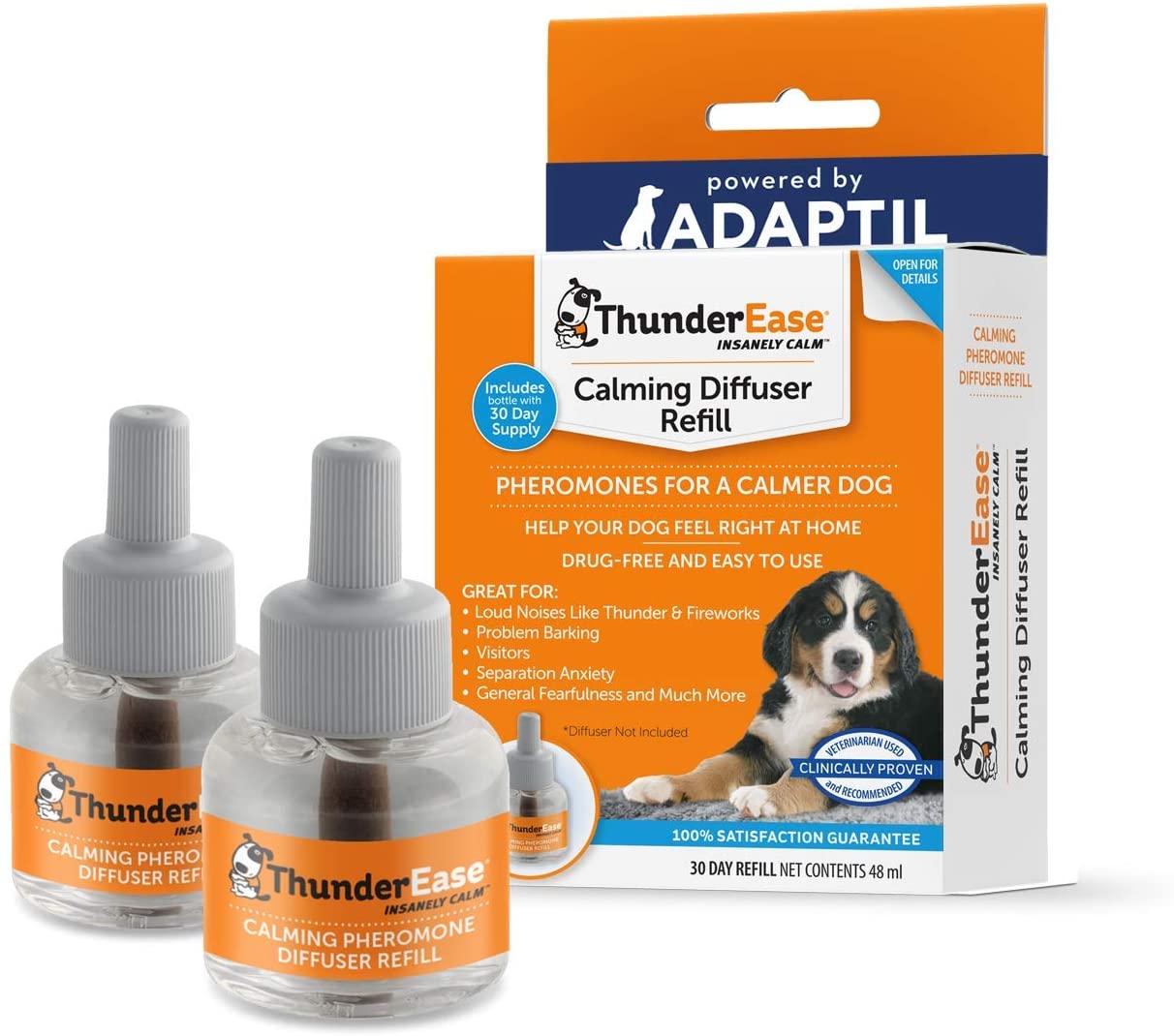

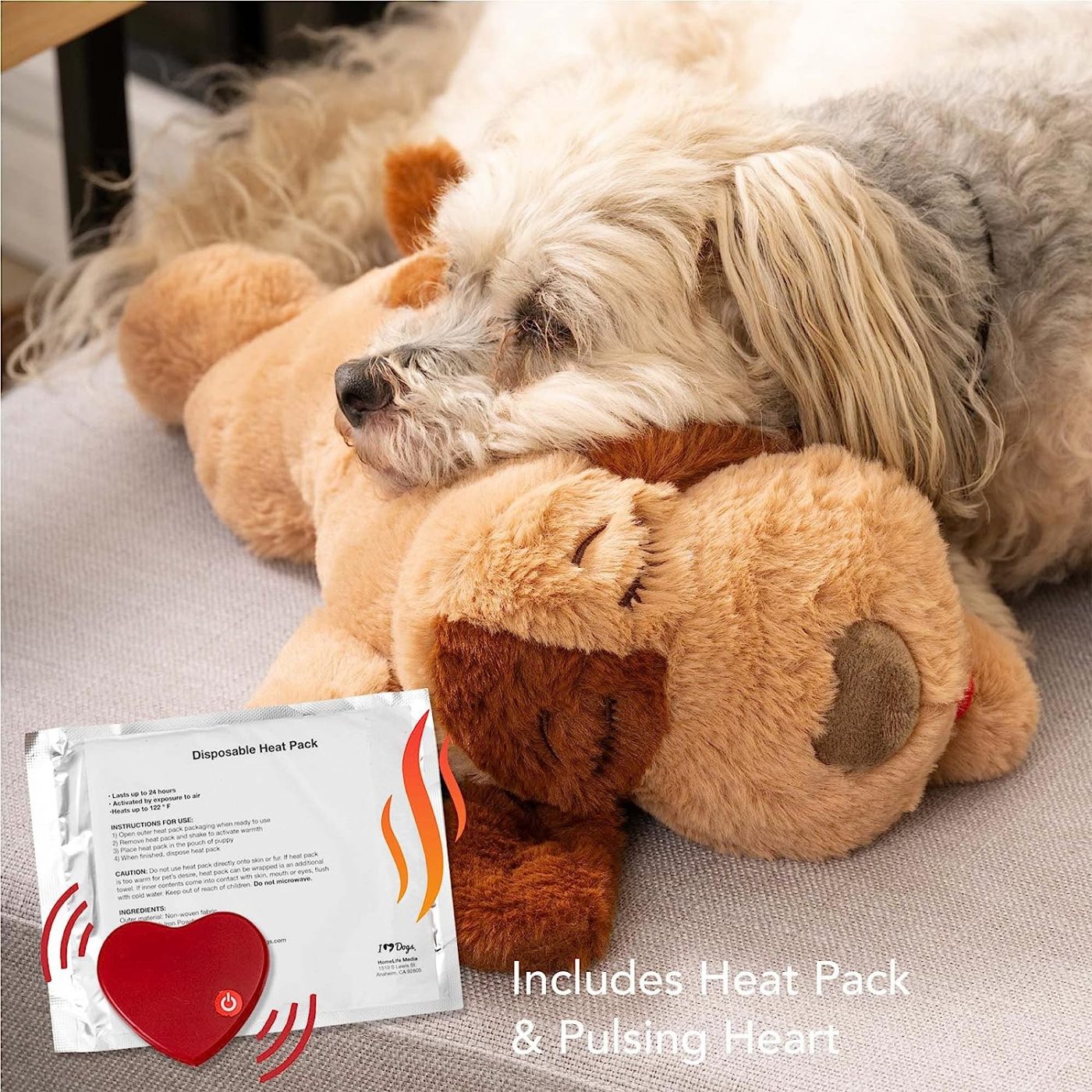
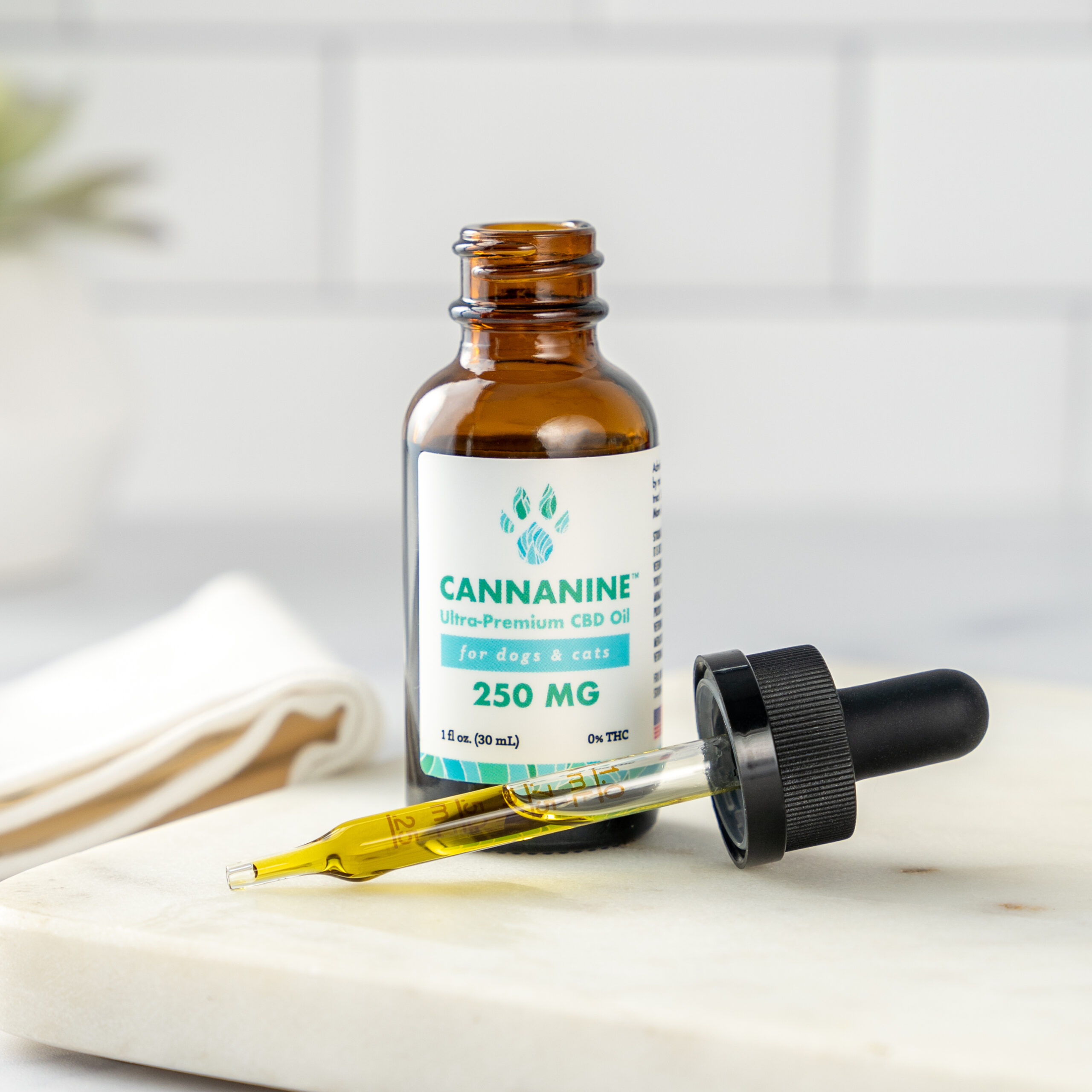
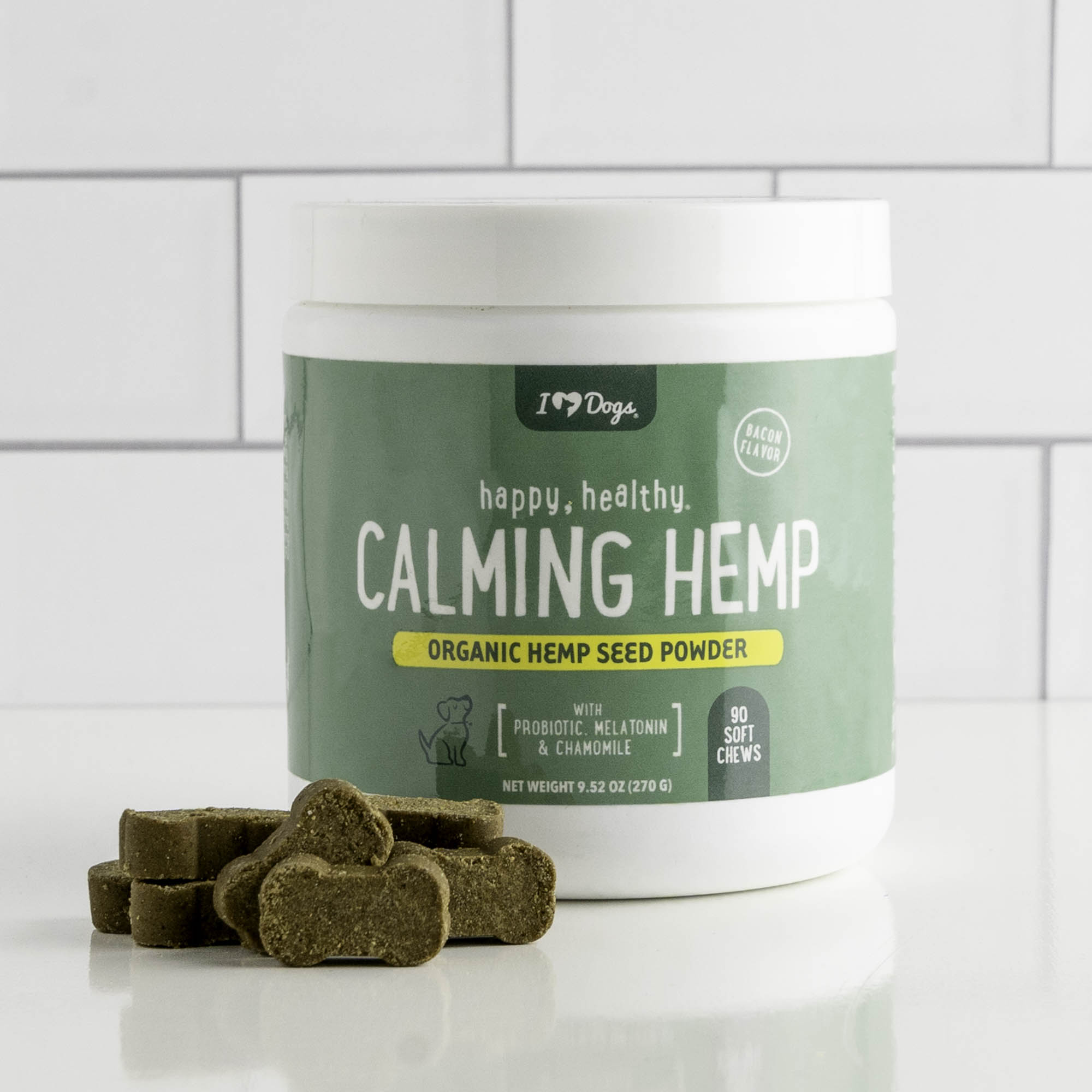
 Toledo, United States.
Toledo, United States.